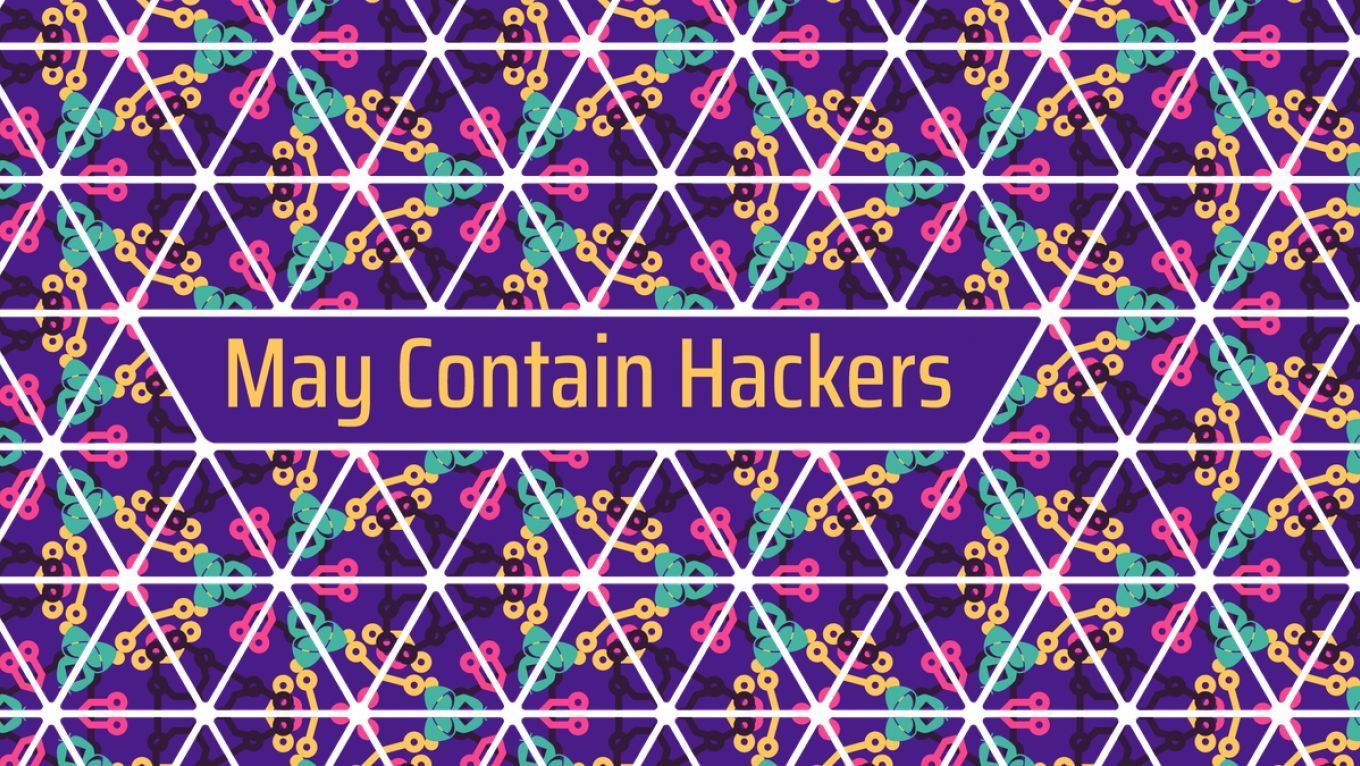MCH2022 Curated content
Communicating in the context of war: threat models and coping strategies of anti-war movement in Russia
Based on participant observation and user studies, this short talk shares insights about surveilllance self-defense and communication tactics of anti-war activists in Russia. It explores current surveillance techniques used by Russian government to identify and persecute anti-war protesters and analyses digital migration patterns of Russian activists towards alternative communication tools.
Since the beginning of Russian invasion of Ukraine, Russian society was quickly polarized. The government started to control the discours about war and silence all kinds of alternative narratives and opposition voices. The anti-war movement quickly found itself in deep underground and in high-risk, with more than 10 000 arrests during rallies against the war and hundreds new criminal cases against those who dare to speak out the truth about Russian army atrocities committed in Ukraine.
This talk is based on my own experience as a member of anti-war resistance, and as a Russian girl married to a Ukrainian guy. We have just escaped from Russia to western Europe.
Apart from being an activist, I am involved in the scene of digital security and secure messaging since 2016, working with the team of Delta Chat messenger as a UX-researcher, and studying usage of secure messaging apps in high-risk areas such as Ukraine, Belarus, Syria, Iran and so on. I have recently published a book based on 4 years of fieldwork entitled "Concealing for Freedom. The making of encryption and online civil liberties" that traces recent history of most famous end-to-end encrypted messaging apps and their usages in at-risk areas.
In this talk I would like to describe the current state of Russian surveillance technologies and practices used to prosecute and identify anti-war activists. I will also describe how the war affected Internet governance and Internet censorship in Russia and what are the consequences for the opposition, media and civil society. I will share my analysis of user patterns in terms of digital self defense, namely, growing interest in decentralized, p2p or federated messaging alternatives as opposed to centralized ones.
My talk will be structured not so much as an academic presentation but rather as a set of stories from the field. And I would like to use half of the time for an active discussion with the audience about how to help those who stayed inside Russia and try to oppose the war. What tools and what tactics could we recommend them?
Weitere Infos
| Format | Talk |
|---|---|
| Sprache | Englisch |
Weitere Sessions
| 22.07.22 |
⚠️ Warning! This talk may contain hackers. There may be hackers in the room. There may be hackers surrounding the room. There may be hackers recording this. There may be hackers listening in. There may be hackers that exfiltrate data. There may be hackers wearing shirts. There may be hackers carrying spying devices. OH NO! There are hackers EVERYWHERE! What can we do now, except having a party?
|
| 22.07.22 |
What do big tech, synthesizers, the crucifixion and Matthäus Passion have in common? Find the answer in the tech performance The Silicon Passion. We’ve all embraced big tech —but is it a warm hug or a strangulation? Bear witness to a debate of biblical proportions between tech nerds, technology and its users. In The Silicon Passion SETUP, in collaboration with de Transmissie (David Schwarz en Derk Stenvers) and Rodrigo Ferreira, is looking for a way out of the pit that technology has ...
|
| 22.07.22 |
Lightning talks are a 5 to 10 minute quick talk on an interesting subject. They can be with or without slides, and with or without proper preparation. if you weren't accepted in the main CfP, this is also a great opportunity to give an abridged version of your talk. These sessions will be available to sign up to later on, with details on the wiki: https://wiki.mch2022.org/Static:Lightning_Talks
|
| 22.07.22 |
In this workshop, we will learn how to assemble tiny parts on circuit boards by building an electronic touch-activated purring kitten. Anyone can do it. Yes, even you who never touched anything electronic before. Takes 120mins, 20€/kit, avoid caffeine immediately before. Max 10 participants per session, sign up on PAPER at the Hardware Hacking Area.
|
| 22.07.22 |
This is a submission for a keynote talk at MCH2022. The Internet is both a familiar, comfortable place as well as a bottomless rabbit hole you can lose yourself in. The Internet has always been like this from its inception, the difference now is the scale and consequences are almost immeasurable - and it tests the limits of human imagination. When you look into the mirror of the Internet what you see reflected back depends on what you are looking for. It has become largely a reflection of ...
|
| 22.07.22 |
Have you ever forgotten a passphrase or lost a hardware token? Lost access to enough Bitcoin to buy a pizza or two? Encryption is fundamental to securing our liberties, but key and password management remain difficult even for professionals, let alone the general public. This talk presents Passcrow, an Open Source project attempting to address one of crypto's largest usability issues: password and key recovery in a decentralized environment.
|
| 22.07.22 |
Thanks to DNSSEC and DANE, it is possible to automatically verify user@domain.name identities by checking with domain.name servers. The real problem however, is integration with existing protocols, instead of inventing something completely new and perhaps web-only. The purpose of our work on Realm Crossover mechanisms has been to design generic solutions that extend many different application protocols, without changing their protocol specs.
|

